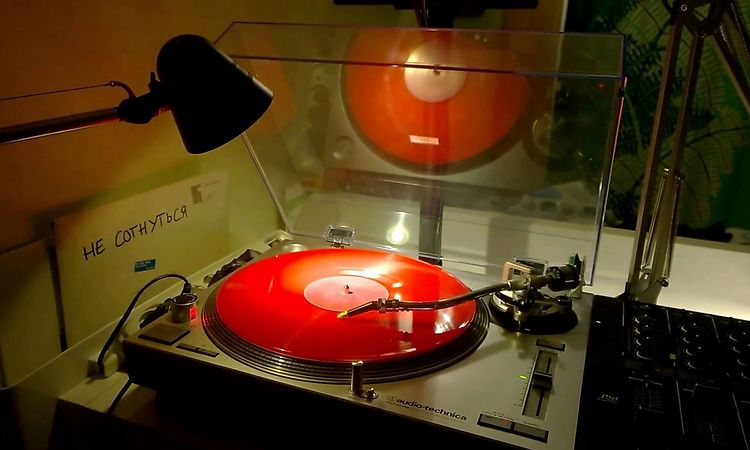
Hotels, bars, clubs…” Over time the musicians from the north were finding places where they could play in the way they felt was good. “So we had to wait until there were places where we could play our music before a listening audience. I would be a complete novice if I started with that kind of music. I cannot do their music I don’t do praise singing, it is a different category altogether. We came here and at first we could not get together and go back to writing and performing our music.” As Afel explains, there is a particular reason for that: “Bamako is for the griots. Bamako may not be home but at least it is relatively safe.īut the restart in the capital was difficult, as Afel recalls: “When we left the north we had no musical instruments, because of the jihadists, who had vandalised them. Problems between communities… and we still don’t know or understand how we got to this stage.” After the arrival of the Touareg rebels and the al-Qaeda forces, Mali has seen a proliferation of local militias, self-defence outfits, new jihadist groups and most of all: banditry. But as you know, by the time corona arrived we had already more than enough going on here in Mali. “That virus has put the whole world on its knees, right? It’s put a stop to everything. It’s been a while since we heard about…” but then he trails off. When I ask him about Niafunké today, Afel stares into an unknown distance and says: “It’s alright. But when you go into the rural areas, you will have no way of knowing what will happen to you.” Reports about buses, bush taxis and other vehicles being attacked by highwaymen are numerous. From here to Ségou is fine and Mopti is OK too. You have no idea who or what you will encounter along the way. “If you leave Bamako to go to your village, it’s like a lottery. “It is impossible to say who is who,” says Afel. They took Timbuktu and Gao and also came to Niafunké. In no time they occupied the northern centres of Gao, Kidal and Timbuktu, only to be overtaken by another and equally well-equipped force: al-Qaeda in the Islamic Maghreb, whose roots lie in the Algerian civil war of the 1990s. Gaddafi had been buying huge quantities of top-of-the-range weaponry before his fall, which the rebels took with them on their epic track through 1,600km of desert and into northern Mali. The rebels had been officers in the army of the late Libyan leader Muammar Gaddafi, who was ousted in a regime change operation organised by France, the UK and the US.

Just days after that last desert festival, which had already moved closer to the city for security reasons, a Touareg rebellion entered Mali.

The last Festival was held in 2012, the year chaos came to settle in Mali. Like his role model and former bandleader, the late Ali Farka Touré, Afel is from Niafunké in the north, just over 160km from the mythical city of Timbuktu, the base of the Festival in the Desert, where both he and Ali were regular guests.

Sitting on a carpet, backs propped up against two sofas, we talk for nearly an hour.īamako is not home to Afel. I visit him in the sprawling Bamako suburb of Baco Djicoroni, one of the many that together form this vast Malian capital of close to three million. Rarely will the making of a new record have been surrounded by so many challenges and it is nothing short of a miracle that Afel Bocoum’s fourth album, Lindé – his first since 2009 – has such a light touch and positive vibe to it.


 0 kommentar(er)
0 kommentar(er)
